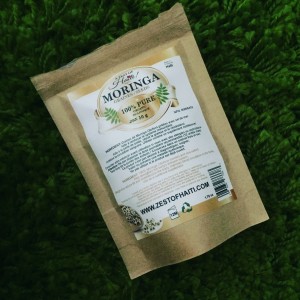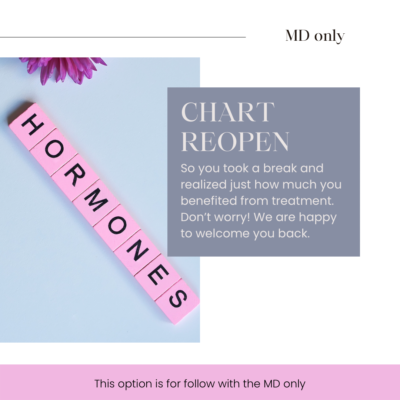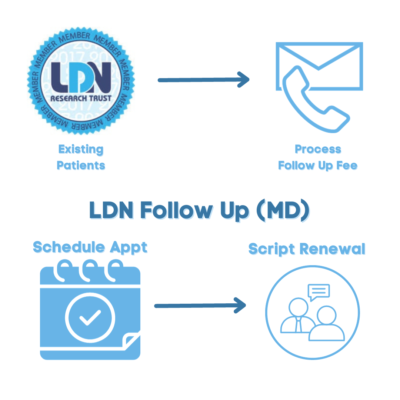I have a few favorite sweeteners and moringa leaf powder just so happens to top that list. The leaf of course holds most of the nutrient value but don’t count out the seeds just yet. I carry a little bag on me during the holidays for any sweet craving I may have, it’s better than grabbing a cupcake thats for sure.  This happens to be one of my favorite brands, it’s organic and the taste is fantastic. With its nuttiness followed by some serious sweetness that seems to get more intense the more you chew (saliva and enzymes), of course if you sip some water it’s only going to get sweeter, it’s a little party in my mouth.
This happens to be one of my favorite brands, it’s organic and the taste is fantastic. With its nuttiness followed by some serious sweetness that seems to get more intense the more you chew (saliva and enzymes), of course if you sip some water it’s only going to get sweeter, it’s a little party in my mouth.
They have 7 times the vitamin C of an orange, 4 times the vitamin A found in carrots, 4 times the calcium of milk , 3 times the potassium of bananas, 2 times the protein of yoghurt and contain essential amino acids similar to the ones found in meat or quinoa (considered to be complete protein).
This stuff has been around for centuries, I mean like over 4,000 years of use indigenously. According to Ayurveda it prevents over 300 diseases… that’s a pretty big statement.
Let’s look into the nutritional stuff, per 100 grams of seeds you will get:
- carbs 8.53
- protein 2.10
- total fat .20
- dietary fiber 3.2
- cholesterol 0
- Niacin .620 mg
- calcium 30 mg
- Magnesium 45 mg
- Phosphorus 50 mg
- Potassium 461mg
A few of the more known health benefits are
- Lowers blood pressure
- Aids in sleep ( I prefer to use the leaves for this and make a tea)
- Boosts energy (1 serving of moringa has close to 3 times the iron as spinach)
- Lowers blood pressure
- High in fiber
- Lowers cholesterol, potentially it reverses the bad cholesterol
OK let’s talk about the powder. I use it in many of my protocols, including ones for parasitic, fungal and viral infections. I also use it in many hormone balancing protocols. WHy? Because it helps with thyroid dysfunction, low sex drive, fluid retention, inflammatory issues and hormone balancing.
That isn’t all it’s been said to be good for:
- cancer
- diabetes
- allergies
- asthma
- stomach pains
- constipation and diarrhea
- inflammation
- stomach and intestinal ulcers
- intestinal spasms
- chronic headaches
- kidney stones
It’s jacked with antioxidants and anti-inflammatory compounds, a serious mix of essential amino acids (which is great for vegans), tons of phytonutrients – specifically carotenoids like the ones found in tomatoes and carrots, and its packed with quercetin.
Yeast infections? Systemic yeast? Liver issues? ulcers? Heavy metal toxicity? Seriously I could go on for days!
For those who follow me you know I also love matcha, let’s do a quick comparison.
Moringa: Has more fiber, great source of protein, contains more vitamins. Not a source of EGCG
Matcha: Has less fiber, contains less vitamins. Not a source of protein. Great source of EGCG which is great for brain health
Know what this means? Use moringa powder as sweetener for your matcha! BOOM!
As a side note, it’s great for your hair, skin and nails. It’s also great for your mood, but who wouldn’t be in a great mood if they have great skin and hair? In all seriousness though, it contains an amino acid called tryptophan which benefits neurotransmitters and therefore those feel good hormones get a boost.
Now if you will excuse me, I’m off to drink my moringa matcha latte…. That’s right, I made it into a super hormone boosting, brain feeding, bulletproof style frothy latte. Jealous? You should be cause this shit tastes fantastic! Want the recipe? Hit me up in my private FB group or check out this link.







I can not tell from the picture what brand it is. Can you post the brand name so I can look up where to purchase? Thanks!
A zest of Haiti moringa seeds http://www.zestofhaiti.com